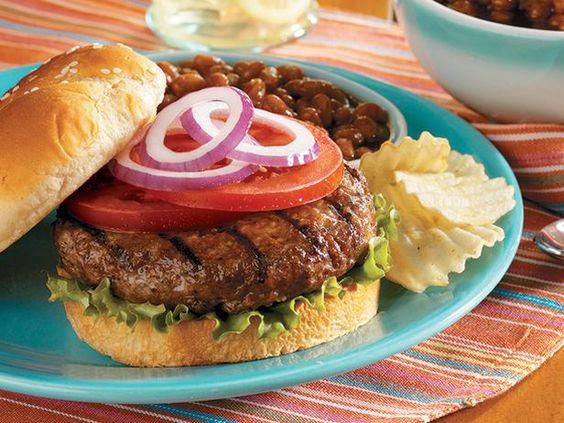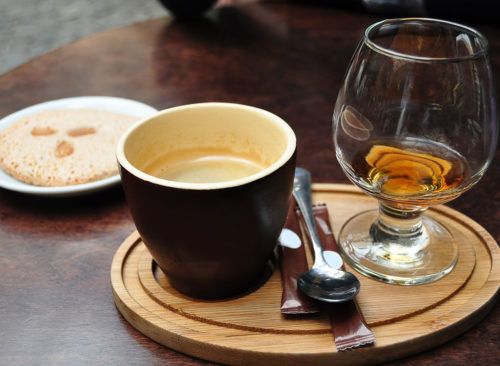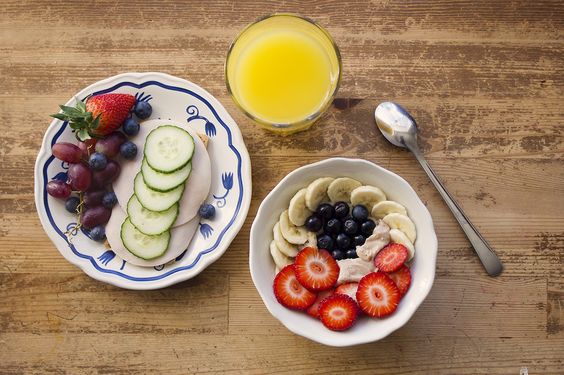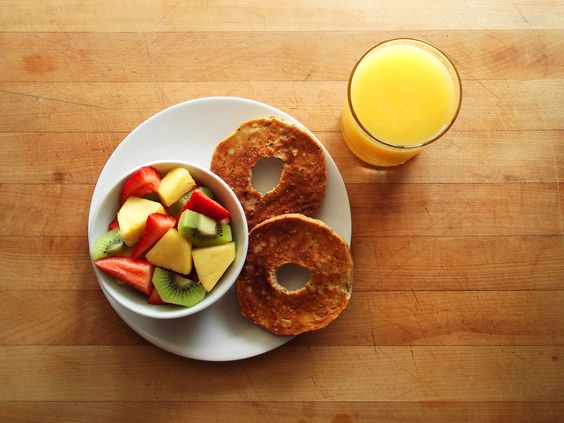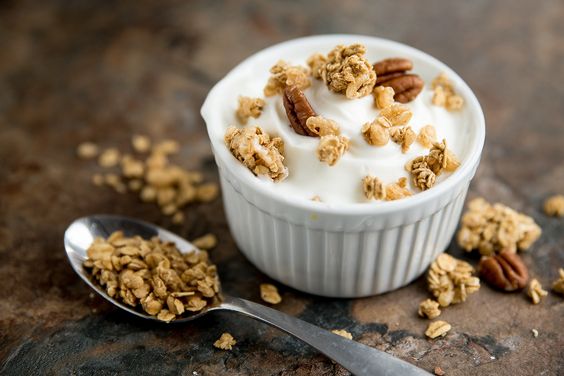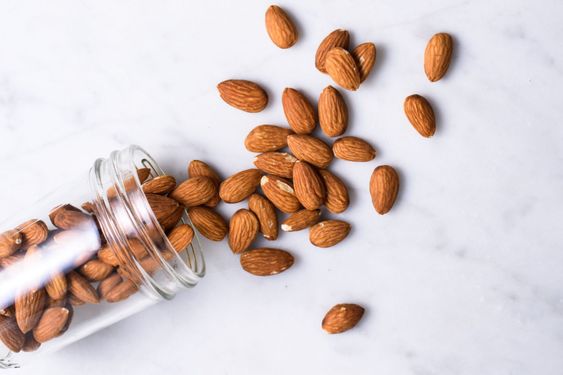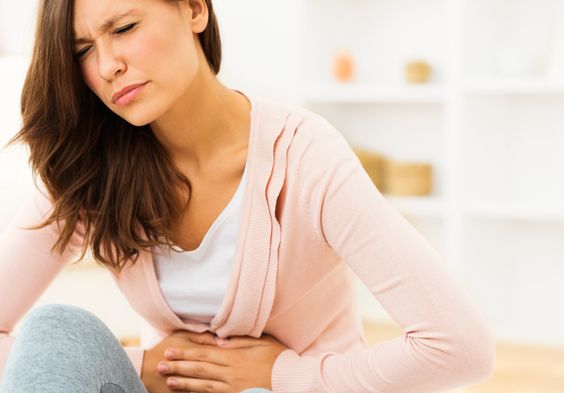
Nowadays the problem of stones has become so common that 6 out of every 10 people are in the grip of it. People of every age group are involved in kidney or kidney stones problems. These kidney stones can be taken out by medicine or home remedies, but there is no other remedy other than surgery for the gall bladder. You can live a normal life after having a gallbladder removed, but it is very important to be cautious about food and drink. Today in this article, we will tell you about the Indian diet after gallbladder removal surgery.
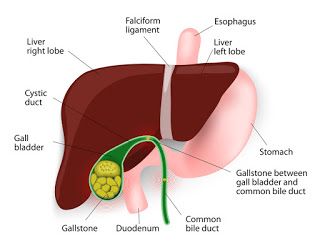
What Is Gallbladder?
The gallbladder under the liver acts as a concentration, digesting fatty foods, storing bile, and secreting fluid from the liver. After excluding the gallbladder, food and fluid will flow directly into the small intestine and then exit. Gallbladders are usually blocked in your gallbladder or bile duct. The gallbladder can be made into a specific mixture or a mixture of cholesterol.
The gallbladder is a small pear shaped organ. The size of the gallbladder is different for each person. Some people may have stones that are only the size of sand grains, others may be as large as a golf ball. Not only that, but the number of stones formed can also vary, some people have only one stone and there are also plenty. A gallbladder is a condition that can cause abdominal pain and harmful effects on the body.
There are two types of the gallbladder, these are:
Cholesterol stones: The most common type of gallbladder color is yellow, often called cholesterol stone. Cholesterol stones contain a combination of cholesterol that cannot be digested and contains several other compounds.
Pigment stones: Unlike cholesterol stones, these types of gallbladders are dark brown and black because they contain excess bilirubin.
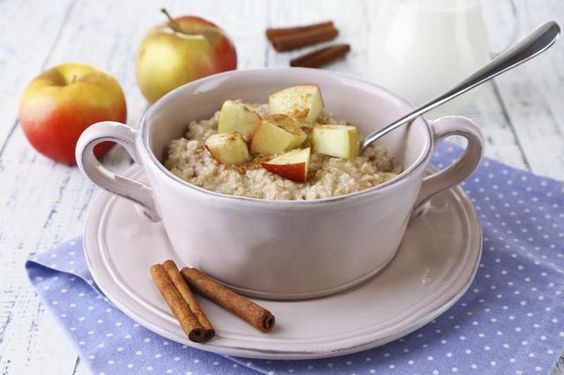
Dietary Tips After Gallbladder Removal:
There are some dietary restrictions in post-operative life. You have to think twice before eating at a party-wedding at home So if it is known about diet and lifestyle that keeps the disease away from the problem.
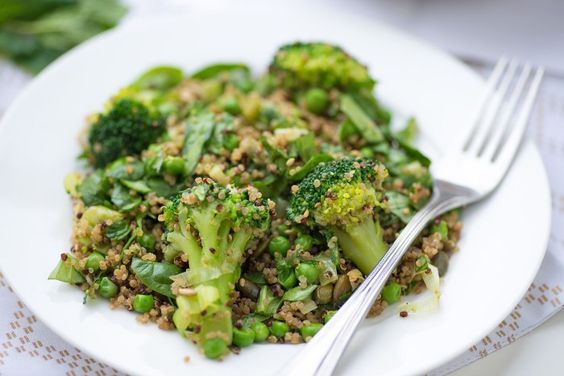
Eat A Low-Fat Diet:
It is difficult to digest more fatty foods after surgery. So you should eat low-fat foods like vegetables, pulses, whole grains, and fruits. These foods contain soluble fiber that prevents diarrhea. So, include fiber-rich vegetables in your diet, including broccoli and sweet potatoes. Also, avoid eating more citrus fruits.
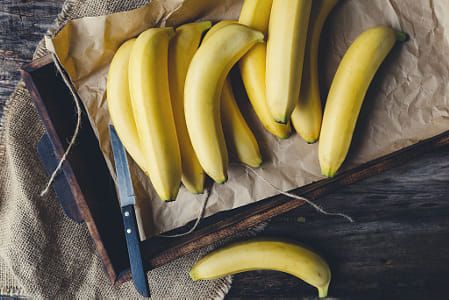
Eat Soft Foods:
After surgery, doctors advise you to take light and soft foods. At this time, you should take plenty of fluids. Eating light and soft foods improves digestion. You should eat boiled potatoes, bananas and white rice. Then slowly change your diet.
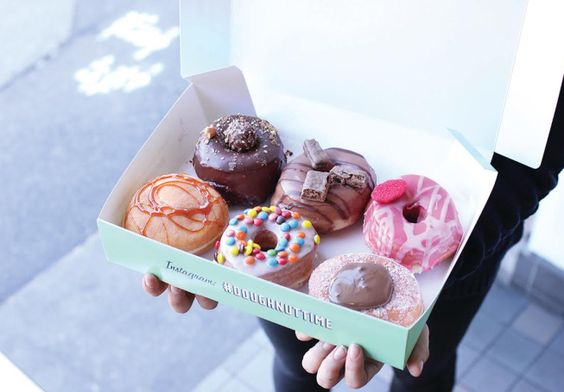
Avoid Sugar:
If you prefer sweet foods, avoid these things after surgery. Do not eat ice cream, pastries, cookies after gallbladder surgery until you are completely healed.
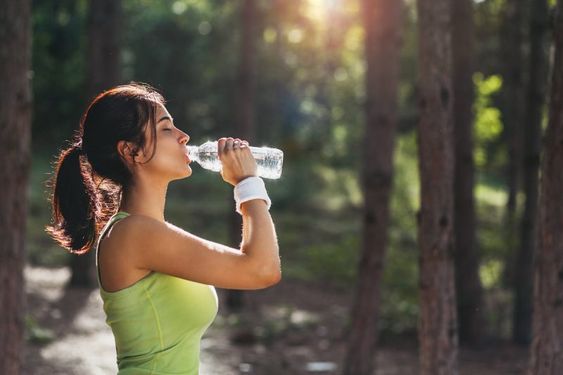
Drink Enough Water:
Drinking enough water every day helps in speedy recovery. So keep your body hydrated. If you do not drink enough water, drink vitamins and minerals.
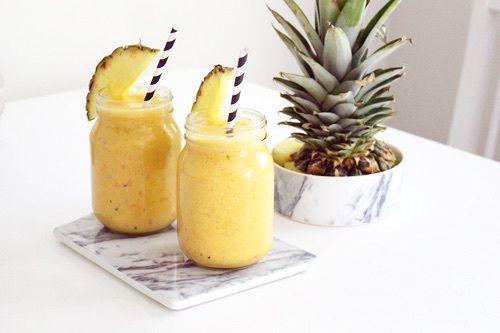
Consume More Fluid:
After surgery, you need to keep your body hydrated so consume more fluid. You also opt for a fluid diet. It will also digest fast which can be more helpful.
Other Diet Tips After Gallbladder Removal:
- Do not start with solid foods immediately after surgery. Gradually include solid foods in your diet to prevent any digestive issues.
- Take small meals throughout the day.
- Do not eat fried foods.
- Consider following a vegetarian diet. Meats and dairy, especially the full-fat version, are often harder to digest without a gallbladder. Here you need to know everything about making switches.
Foods To Avoid In Indian Diet After Gallbladder Removal:
There is no standard diet that people should follow after gallbladder removal surgery. In general, it is best to avoid fatty, greasy, processed, and sugar-rich foods. Eating these foods after removing your gallbladder.
Do Not Intake Caffeine And Alcohol:
Caffeine contains acid which can be a reason for your stomach to get more acid and make the drain faster. This can cause abdominal pain and discomfort after removing the gallbladder. Energy bars with coffee, tea, soda, chocolate, caffeine, energy drinks should be avoided.
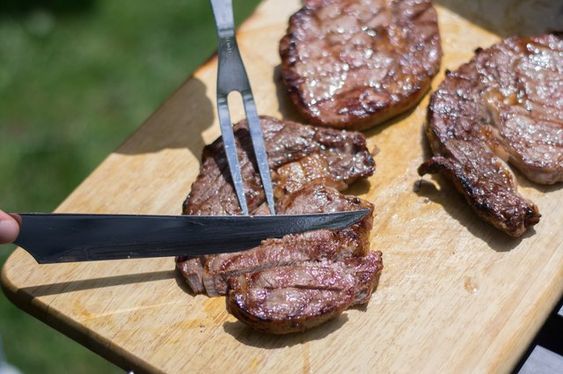
Fatty Meats:
Meat that is processed or high can cause havoc on your digestive system after removing your gallbladder. Red meat, bacon, pork, beef meats, etc. in such meat.
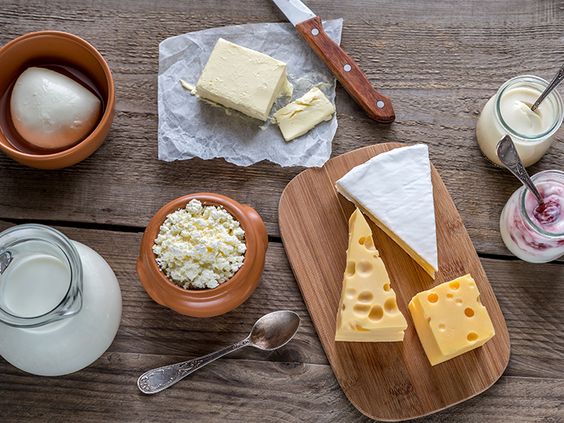
Dairy Products:
Products made from full fat dairy or milk can also be difficult for the body’s digestive system because it adjusts without the gallbladder. The consumption of the following foods should be limited flour fat cheese, butter, ice cream, full-fat yogurt, milk, etc. If it is not real for you to reduce your dairy intake, choose a fat-free yogurt and low-fat cheese option or a version that includes dairy options, such as almond milk.
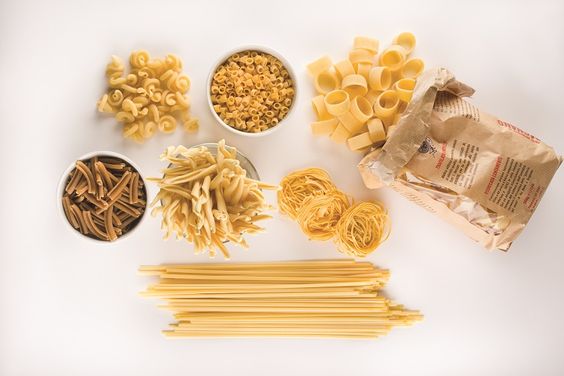
Processed Foods:
Processed foods often contain extra fats and sugar. This keeps them for a long time, but they are also not difficult to digest and do not offer much nutrition. Cakes, sugar cereals, white or processed bread, cookies, etc. should be avoided.

Foods To Include In Indian Diet After Gallbladder Removal:
The foods you should include in your Indian diet after gallbladder removal surgery are…
High Fiber Foods:
Fiber can improve digestion in the absence of concentrated bile. Just ramp up your intake slowly so that you don’t overdo it after the surgery, as it can also cause gas. Fiber and many other nutrients, such as calcium, B vitamins, and omega-3 fatty acids are healthy sources. These foods include oats, pulses, peanuts, chia seeds, fruit, vegetables, nuts, almonds, walnuts, cashews, whole grains such as pasta, rice, bread, and cereals, etc.
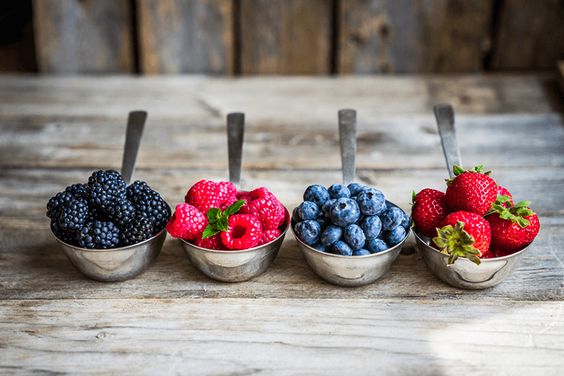
Vitamins Fruits And Vegetables:
Since you are recovering from surgery more fiber is needed. Including many nutrient-dense fruit and vegetables in your diet. Antioxidants are good sources of vitamin A, fiber, immune-boosting vitamin C, and many phytonutrients to aid recovery and your body. Which includes lentils, sunflower seeds, peanuts, tomatoes, avocados, oranges, lemons, kale, spinach, broccoli, cabbage, cabbage, blueberry, blackberry, raspberry.
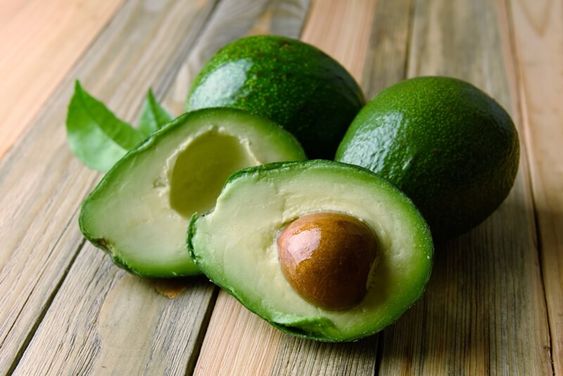
Healthy Fats:
There is a need to avoid excess oil in food. Use vegetable oils for avocado, olive oil, or coconut oil. They have more healthy fats like fish than other cooking oils. Before consuming curd, milk, mayonnaise, ice cream, check that it has low-fat content.
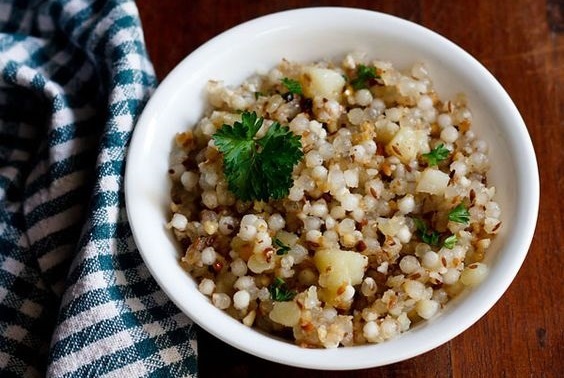
Indian Diet After Gallbladder Removal:
Diet is very important after gall bladder removal surgery. In such a situation, this Indian diet after gallbladder removal to be a very good option for the patients after gall bladder removal surgery. This will help you understand your dietary pattern.

Breakfast:
- 2 Whole wheat Roti+ 1 Bowl of dal + 1 Bowl boiled vegetables
- 1 Small bowl of soften rice + 1 Bowl of dal + 1 Bowl of boiled vegetables
- 2 Whole wheat bread + poached egg + A glass of juice
Mid-morning:
- One seasonal fruit
Lunch:
- 1 Small bowl of soften rice + 1 Small bowl boiled vegetables + 1 Grilled chicken breast
- 1 Small bowl of soften rice + 1 Small bowl boiled vegetables + 1 Grilled fish
- 1 Small bowl of oats with fruits + 1 Glass of coconut water
Evening Snack:
- One seasonal fruit
- Banana Smoothie
- Greek Yogurt
- Mixed seeds
Dinner:
- Mix vegetable soup
- Chicken Soup
- Vegetable Barley
- Green salad
Bedtime Snack:
- A handful of nuts
FAQ:
Q. What Is The Eating Advice For Patients After gallbladder removal?
A: In that case, we are the first to say that fatty things cannot be eaten. And if you have to eat, then the amount is small. And with a little time without surgery, the body adjusts to the situation where there is no gall bladder; After that, he can start eating.
Q: After How Many Days Will You Start Eating Normal?
A: There is no fixed time. Some have taken a month, some have taken three to four months.
This is a very common surgery. Every day thousands of people are losing their gall bladder due to this disease. However, the complications that occur during gall bladder removal are not the same as the complications that the gall bladder suffers from.
Q: Do Exercise Play A Big Role In Addition To Diet?
A: Regular exercise certainly has a huge role to play. This is because gallstones are more common in those who are overweight. If I can exercise regularly, my obesity will also decrease. That will reduce the risk of problems.
Q. What are the best foods to eat after a gallbladder removal surgery diet?
A: Pick low-fat food varieties, and eat lean protein, like skinless, prepared chicken, turkey bosom, and heated fish.
Q. Do you have a special diet after gallbladder removal?
A: Keep away from high-fat food varieties, seared and oily food varieties, and greasy sauces and flavors for at any rate seven days after a medical procedure. All things being equal low-fat food sources. Low-fats food sources are those without any than 3 grams of fats a serving.
Q. Can Curd be eaten after a cholecystectomy diet?
A: Keep away from entire full-fat dairy items on the grounds that the fats substance can deteriorate loose bowels. Then again, low-fat yogurt with dynamic, live bacterial societies can assist with your processing.
Related Articles:-
- 10 Approved Post Workout Drink For Weight Loss
- 7-Days Sample Indian Diet For Liver Cirrhosis
- 7 Symptoms Of Thyroid And Foods To Include In Diet!
